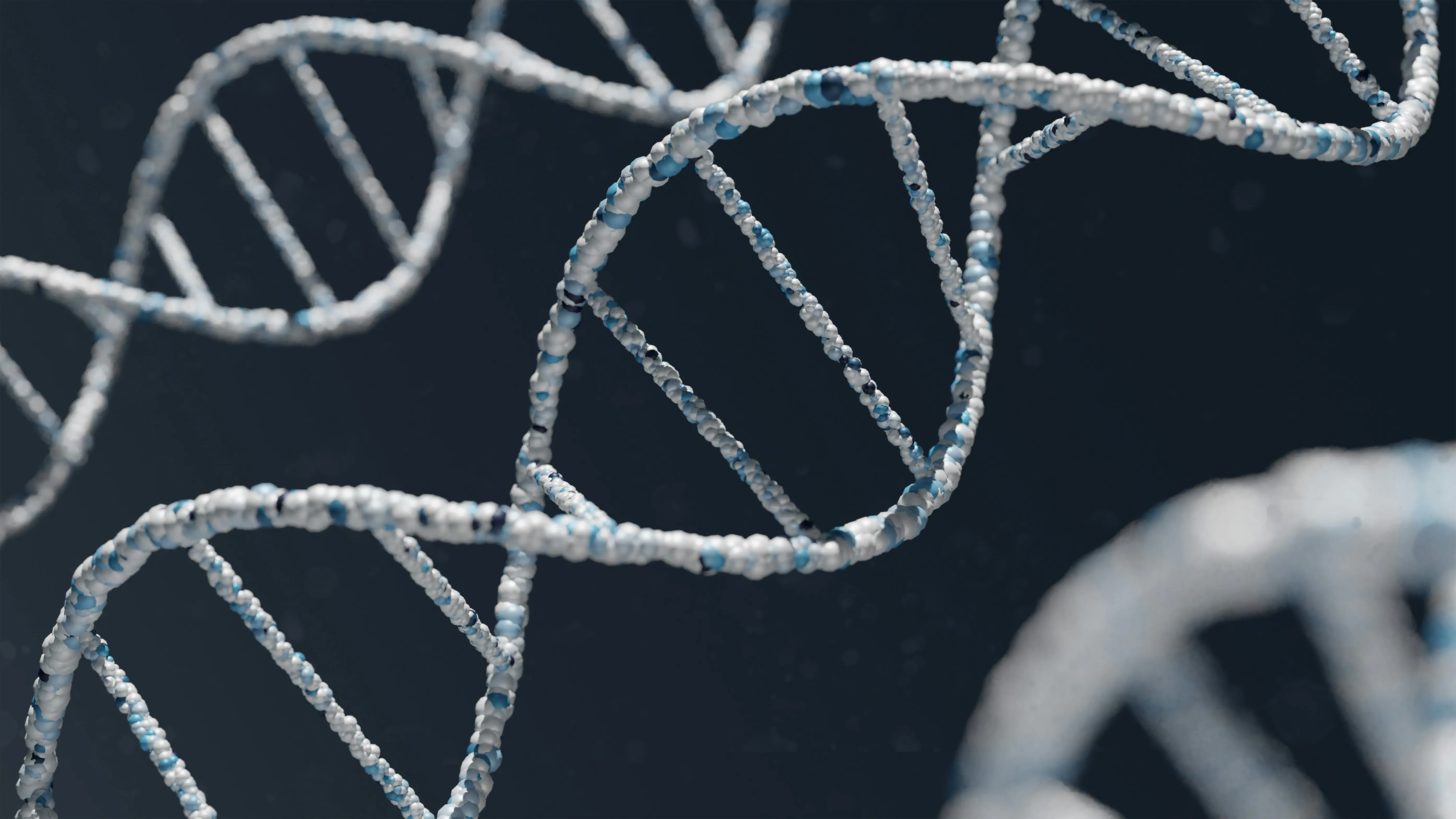Unlocking The Secrets Of 'Junk' Dna: A Genetic Revelation

For decades, scientists have puzzled over vast stretches of the human genome, casually dubbing them 'junk' DNA due to their seemingly inconsequential nature. However, a groundbreaking study from Kyoto University has flipped this notion on its head, revealing that these DNA segments play a crucial regulatory role in our biology.
According to the researchers at the Institute for Advanced Study of Human Biology (ASHBi), these 'junk' regions are far from useless. The study meticulously mapped out how these neglected parts of DNA serve as intricate regulatory networks, influencing which genes are turned on or off. This discovery is akin to finding a hidden control panel within our genetic makeup, responsible for regulating the symphony of genetic activity that keeps us alive.
Yukiko Gotoh, one of the lead researchers, states, "Our findings shed light on the complexity and sophistication of genetic regulation, which was previously attributed only to known genes." This revelation could redefine how we approach genetic research and therapy in the future.
The team's research involved an advanced technique known as CRISPR interference, allowing them to selectively switch off these 'junk' regions to observe the effects. The results were striking: altering these regions led to significant changes in gene expression, proving their regulatory importance. This method provides a new avenue to explore genetic functions without altering the genetic code itself.
As we continue to delve deeper into the genome, this study emphasizes the importance of re-evaluating what we consider non-essential. These 'junk' DNA segments may hold the keys to understanding complex genetic diseases, potentially paving the way for novel treatments and therapies.
Ultimately, this research is a reminder that in the vast, mysterious world of genetics, what we regard as trivial may in fact be pivotal. As scientists continue to unlock the secrets of our DNA, each discovery brings us closer to fully understanding the blueprint of life itself.